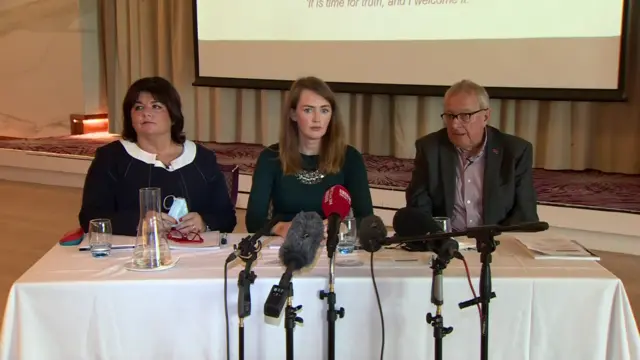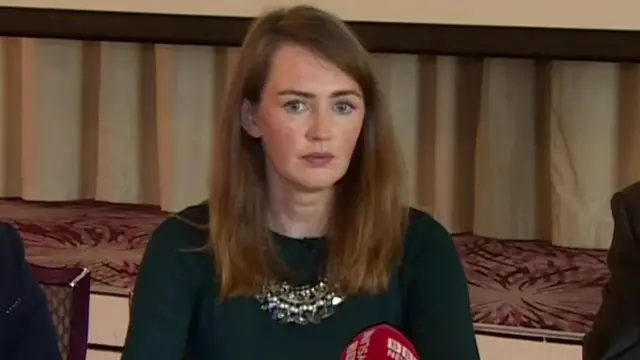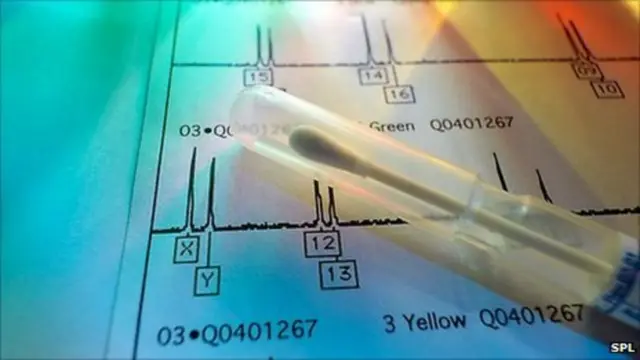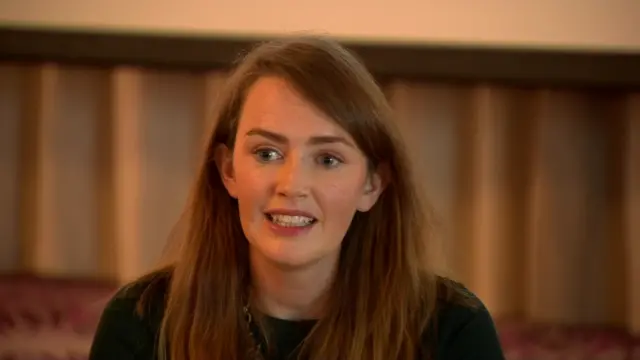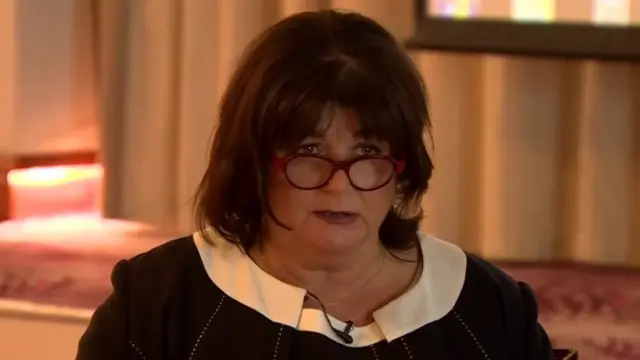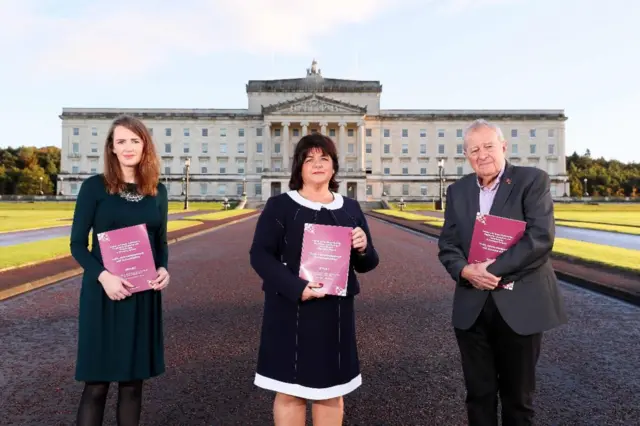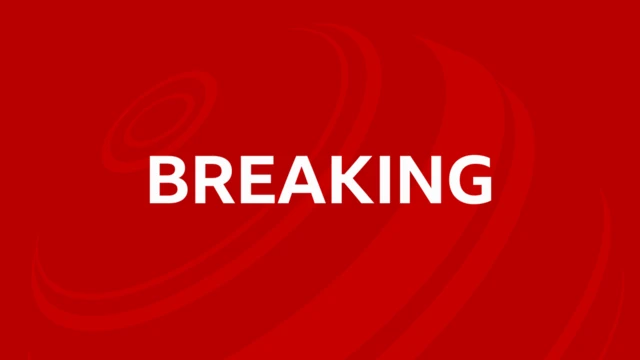'One of the great scandals of our time'published at 13:03 BST 5 October 2021
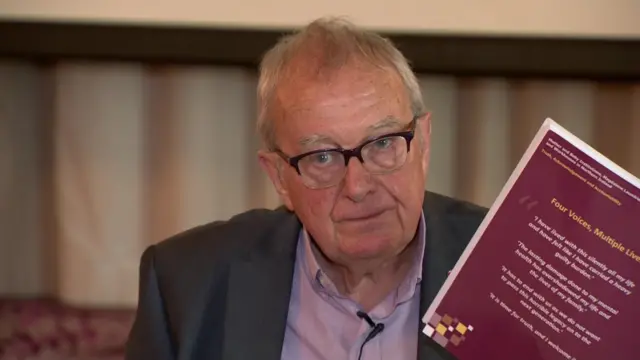
Prof Scraton said the issue was a "blight on this society".
"This work would not be complete without the families and the survivors who have given so much of their time, not just in the last six months but for years and whose pain will never ever be assuaged by whatever we do.
"Because this is one of the great scandals of our time, not just here in the north but across Ireland, across England Wales and Scotland."
Prof Scraton said a public inquiry might take years.
But he added “without it we will never ever resolve this issue which is a blight on our society and all our lives”.
